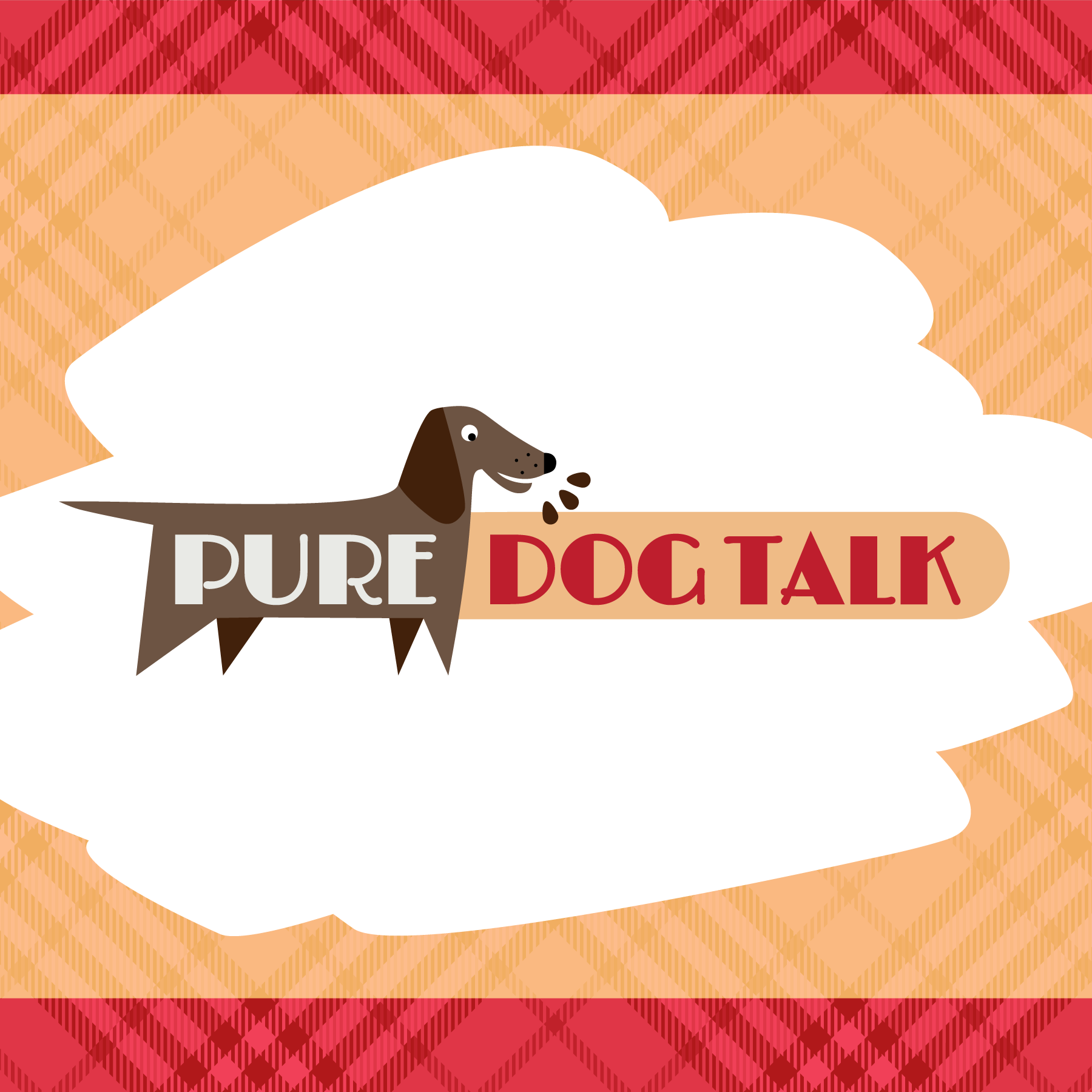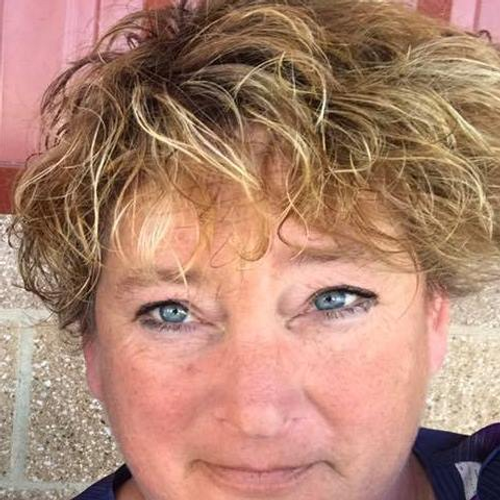Tackling a Stinky Problem with Dr. Marty Greer
Dr. Marty Greer, DVM and host Laura Reeves tackle a stinky problem – the dog’s anal glands. Greer explains how to express them, what to do if they are infected or impacted and stinky stories from the trenches.
“They're the same glands that are the scent glands on a skunk, the scent glands in a ferret,” Greer said. “The ferret ones are, of course, removed if ferrets are going to become pets. They serve as a communication function among animals. So for instance, when the skunk is upset or angry or being attacked or whatever, they'll turn and lift their tail and their anal sacks will express and that's a form of a communication and defense. So unfortunately, when our dogs get nervous, or scared, yeah, sometimes they express their anal glands.
“There's just normal anal gland secretions, then there are the impacted ones, when the material gets thick and doesn't express normally. Then we can see them become infected. They can come in with a bloody kind of discharge in the anal gland. We can see them abscess through the skin, where the dog comes in, clients don't really understand what happened, it looks like there's this opening of this hole next to the rectum…
“A lot of anal sac abscesses are associated with diarrhea. So if the dog has had a loose stool, then some of the watery stool, instead of it passing the anal gland, it will push down into the opening, set up housekeeping in that little gland and set up a bacterial infection. So, most dogs will comfortably empty them on their own, but if they don't and they get an infection then of course we have to treat that.
“From a perspective of ‘does the dog need their anal glands,’ really it's not necessary. It's a communication tool. So, when you see dogs greet each other, dogs that aren't familiar with one another, they go tails and nose, nose to tail, 'cause they're sniffing each other's anal glands as a handshake, as an identification. Really, it's only for social communication that the dogs need their anal glands. In today's society, they don't need to warn other dogs that there is a predator out there, they live on your couch. It's better off to not have them if you're having a dog that's having chronic problems.”

